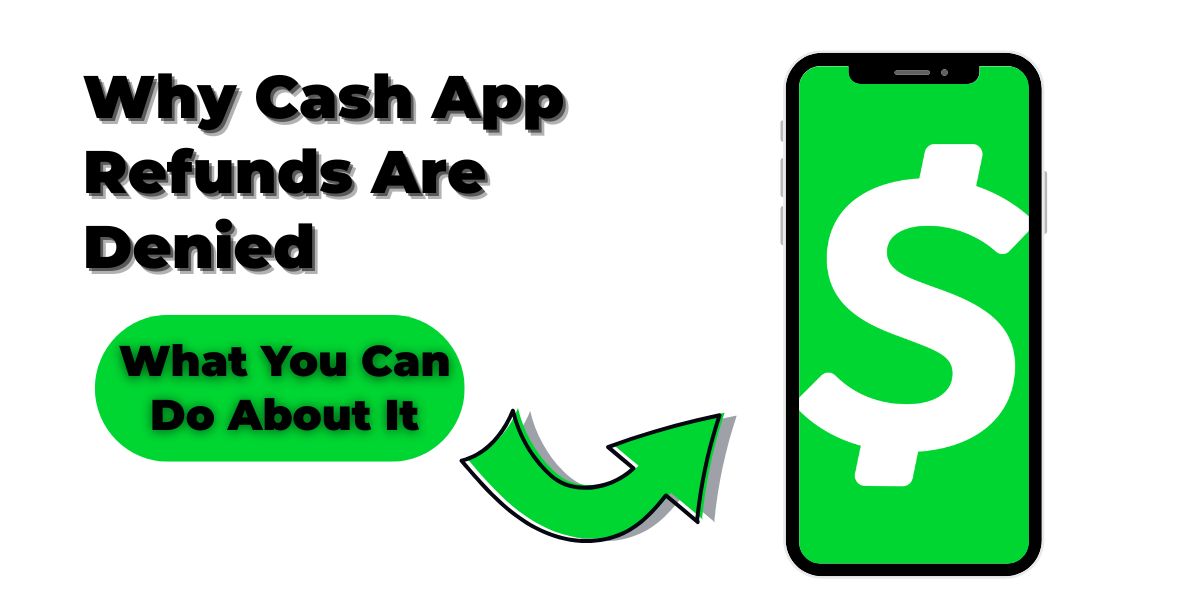Cash App has made digital transactions quick and easy, allowing users to send and receive money within seconds. But what happens when a transaction doesn’t go as planned? Whether you were overcharged, sent money to the wrong person, or fell victim to a scam, you might expect a refund to be straightforward. Unfortunately, that’s not always the case. Many users find their refund requests denied — and they’re left wondering why.
Understanding the reasons behind refund denials can help you take smarter actions when dealing with issues on Cash App. Here’s a breakdown of common causes for refund rejections and what you can do to increase your chances of getting your money back.
1. You Sent Money to the Wrong Person
Cash App transactions are instant and generally irreversible. If you send money to the wrong person and they refuse to return it, Cash App typically won’t intervene unless there is clear evidence of fraud. This is one of the most common reasons for refund denial — the platform sees it as a user error rather than a system issue.
What You Can Do:
Politely request the recipient to return the funds. If they refuse, your best option is to report the transaction through the app and contact your bank if the funds were linked to a debit card.
2. The Transaction Was Marked as Completed
If a transaction shows as “completed” and the recipient has accepted the payment, your refund options become limited. Cash App’s policies state that completed payments are final unless the recipient agrees to a refund.
What You Can Do:
Reach out to the recipient and ask for a return. Also, review the transaction details — if it appears fraudulent, you can report it for further investigation.
3. Violation of Cash App Terms of Service
Refunds may be denied if your transaction violates Cash App’s terms of service. This includes using the app for gambling, adult content, or sending funds related to restricted activities. Cash App reserves the right to withhold funds in these situations.
What You Can Do:
Read through the terms of service to ensure your transaction didn’t violate any rules. If you believe the refund denial was an error, appeal the decision through Cash App support.
4. Suspicion of Fraud or Unauthorized Use
If Cash App suspects a transaction is tied to fraudulent activity — either on your part or the recipient’s — it might freeze the transaction and deny a refund while conducting an investigation. Unfortunately, this process can take time and doesn’t guarantee the return of funds.
What You Can Do:
Submit all relevant details through the app's support center. If needed, escalate the case by contacting your financial institution to dispute the charge.
5. Disputing a Scam Transaction
In cases where users are scammed — such as through fake sellers or phishing attempts — refunds are not guaranteed. While Cash App does offer some support for fraud victims, they typically require concrete evidence before reversing a transaction.
What You Can Do:
Learn more about how to get money back on Cash App if scammed. This guide walks you through steps like reporting the issue, providing evidence, and involving your bank if necessary.
6. Disputes Not Filed on Time
Timing plays a critical role in refund requests. Waiting too long to report a suspicious or incorrect transaction can lead to denial due to expired dispute windows.
What You Can Do:
Always report issues as soon as you notice them. Prompt action gives you a better chance of resolving the problem quickly.
7. Technical or Processing Errors
Sometimes, refund requests are denied due to bugs or backend issues. The platform may fail to recognize the dispute or improperly categorize it.
What You Can Do:
Reach out to Cash App support through the in-app Help section. Document everything with screenshots, timestamps, and a clear explanation to ensure your case is properly evaluated.
Final Thoughts
While Cash App is a convenient tool for money transfers, its refund process isn’t always user-friendly. Understanding the most common reasons refunds are denied helps you avoid future mishaps and prepares you to act quickly if something goes wrong. When disputes arise, it’s crucial to remain calm, gather your evidence, and follow the proper channels to seek resolution.
By staying vigilant and informed, you can navigate Cash App more safely — and improve your odds of getting your money back when issues do occur.





Comments